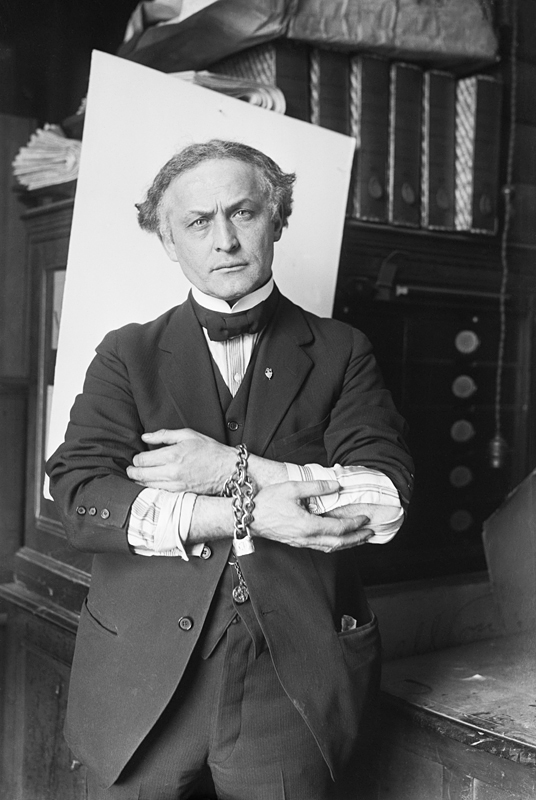
I’m a big fan of magic. I love illusions, even though I know I’m being tricked. I guess knowing that my mind is being fooled helps me enjoy it, rather than being offended that someone is basically lying to my brain.
I’ve collected a few books on illusions and tricks. One of my favorites is intended for experienced magicians. It includes instructions like, “Force a card by your preferred method,” which assumes that the reader already knows so many ways to force someone to choose a specific card that they prefer one method over others!
Another set of instructions begins, “Using a false thumb…” A false thumb? Who knew such a thing even existed!?
Magicians. That’s who. People who learn enough to be professional illusionists learn a lot of tricks along the way. Things they just take for granted, like using fake thumbs.
Sadly, some people who know a few tricks use them to prey on people. Even today, there are people who swindle unsuspecting or vulnerable people out of thousands of dollars with little more than a compelling performance and an illusion or two.
Predatory schemes have been around for a long time. And hand in hand with those schemes have been debunkers. People with enough insider knowledge to call out fraudulent claims and challenge those who use tricks to take advantage of people.
This is why I love Erik Weisz (or Ehrich Weiss), better known as Harry Houdini. Houdini was a talented escape artist and illusionist. In the 1920s, though, he began to focus on exposing fraudulent “mediums” and “psychics” who were using clever tricks to take advantage of people.
Houdini wasn’t the first stage magician to become a debunker, and he certainly wasn’t the last. I’m impressed by people who choose to expose predatory behavior, even though they could be wealthier by far if they just use all those tricks for their own gain.
In other words, being a debunker has a cost. Magicians make great debunkers because they know all the tricks. Or at least enough secrets that they can figure out what’s going on. But exposing those tricks also threatens their own livelihood. Besides, exposing industry secrets can earn a person a bit of animosity from peers.
Houdini was privileged enough that he didn’t really have to worry about that. Yes, he had to give up something to focus on debunking fraudulent claims of supernatural power, but the sacrifices weren’t debilitating to him. Maybe that’s a good working definition of privilege: Being in a position to make sacrifices for the well-being of others without it being debilitating.
I wonder if there’s any sort of connection here with the proposed Eighth Principle about dismantling racism and other oppressions in ourselves and our institutions. What sort of insider secrets and tricks do you know? If you were a debunker, what would you debunk? Could that be any sort of path toward Beloved Community?
Rev. Randy Partain
Share this post: